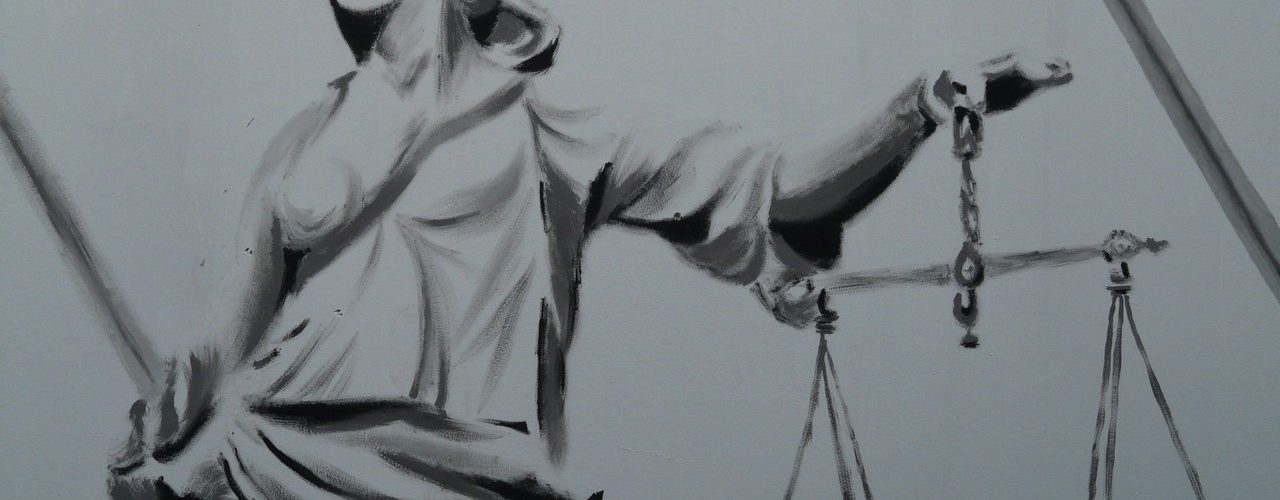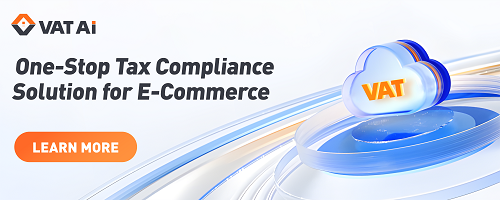On November 17, 2022, the ECJ issued the judgment in the case C-607/20 (GE Aircraft Engine Services).
Context: Reference for a preliminary ruling – Value added tax – Transfers of vouchers as taxable transactions – Article 26(1)(b) of the VAT Directive – Concept of ‘private use or that of his staff or, more generally, for purposes other than those of his business’ – Provision of vouchers, free of charge, to staff as part of an employee reward scheme
The dispute relates to an assessment for undeclared output tax in relation to a reward programme that GEAES operated for its employees called the “Above & Beyond” programme, which involved the issue of retail vouchers to employees. The vouchers could be exchanged for goods or services at well-known retailers.
Article in the EU VAT Directive
Article 26 of the EU VAT Directive 2006/112/EC.
Article 26 (Supply of services)
1. Each of the following transactions shall be treated as a supply of services for consideration:
(a) the use of goods forming part of the assets of a business for the private use of a taxable person or of his staff or, more generally, for purposes other than those of his business, where the VAT on such goods was wholly or partly deductible;
(b) the supply of services carried out free of charge by a taxable person for his private use or for that of his staff or, more generally, for purposes other than those of his business.
2. Member States may derogate from paragraph 1, provided that such derogation does not lead to distortion of competition.
Facts
At all relevant times, GEAES (in common with other companies within the GE group) operated a programme called “Above & Beyond”, which was an employee recognition programme. Under the programme, any employee of GEAES (at any level) could nominate any other employee for acts which she or he considered deserved special recognition, in accordance with the requirements of the programme. The Above & Beyond programme was designed and implemented in order to encourage and reward excellent work and better behaviours by GEAES’s employees.
There were different levels of award that could be made under the programme. A person making a nomination was required to select the appropriate level and provide information as to why the nominee had merited the award. The nomination would be subject to review and approval by the nominee’s line manager. A sample of awards is audited by GE’s Human Resources Department to ensure that awards are made in compliance with the requirements of the programme and reward employees fairly.
At the highest level of award, the nominee would be eligible for a cash payment. At the lowest level, the nominee would be given a non-financial reward in the form of a certificate. This appeal relates solely to awards at the intermediate levels, where the nominee is awarded a retail voucher.
The Above & Beyond programme was also used as a vehicle for delivering a reward to an employee at service anniversaries and other circumstances.
If an award is approved, then the nominee is notified of her or his award. In the case of awards comprising retail vouchers, the nominee is sent a link to a website managed by Globoforce Limited (“Globoforce”). Although Globoforce is unrelated to GE, the website is “branded” with the GE brands.
The employee can select a retail voucher on the website from a range of listed retailers. Once selected, the voucher can only be redeemed at the selected retailer. The employee is sent an email confirmation of the voucher. Although Globoforce administer the provision of the vouchers, the vouchers are not issued by Globoforce.
The following steps were undertaken in the supply of the vouchers to the employee:
(1) Globoforce purchased the vouchers directly from the relevant retailers and sold them to GE in the USA (“GE USA”).
(2) GE USA then sold them to another GE entity based in the USA (“GE HQ”).
(3) GE HQ would then make a cross-border supply of the vouchers to GE entities in the UK.
(4) Each GE entity, such as GEAES, in its capacity as employer, provided the voucher to the nominated employee under the “Above and Beyond” programme.
(5) GEAES (and the other GE UK entities) accounted for VAT in respect of the supply of the vouchers from GE HQ on the reverse charge basis and for the recovery of the corresponding input tax.
When the employee used the voucher to purchase goods or services, the retailer would have accounted for output tax on the value of the voucher.
HMRC contend that GEAES should also have accounted for output tax on the value of the voucher.
The First Tier Tribunal decided to stay the proceedings and refer questions to the CJEU for a preliminary ruling on the issues of the meaning and effect of Article 26(1)(b) of the Principal VAT Directive and the construction of the term “for his private use or for that of his staff or more generally for purposes other than those of his business”. The First Tier Tribunal does not consider that the appropriate construction of these provisions is acte clair.
The issue in this appeal is whether the three conditions are satisfied for a supply to be treated as a supply of services for consideration under Article 26(1)(b) of the Principal VAT Directive, so that GEAES is subject to output tax in respect of it.
These are:
(a) Whether there is a supply of services;
(b) Whether these services are supplied free of charge; and
(c) Whether these services are supplied for the private use of the taxable person or its staff or more generally for purposes other than those of its business.
It is common ground between the parties (and the Tribunal agrees) that conditions (a) and (b) above are satisfied, leaving only condition (c) in dispute in this appeal. GEAES argues that the supply of vouchers is solely for the purpose of its business and therefore Article 26(1)(b) does not apply.HMRC take the opposite view.
The First Tier Tribunal considers that there is real doubt as to the correct construction and application of the term “for his private use or for that of his staff or, more generally, for purposes other than those of his business” within the meaning of Article 26(1)(b) of the Principal VAT Directive in the circumstances of this appeal.
Questions
Does the issue of vouchers for third party retailers to employees by a taxable person as part of a recognition programme for high performing employees constitute a supply “for his private use or for that of his staff or, more generally, for purposes other than those of his business” within the meaning of Article 26(1)(b) of the Principal VAT Directive1 ?
Does it have any significance in answering question 1 that the taxable person has a business purpose for the issuing of the retail vouchers to staff?
Does it have any significance in answering question 1 that the retail vouchers issued to staff members are for their own use and can be used for the staff members’ private purposes?
AG Opinion
Unless all the relevant information concerning the right to a supply of goods or services is already known when a voucher is transferred from a taxable person to his or her staff, that transfer does not constitute a taxable transaction within the meaning of Article 62 of Council Directive 2006/112/EC of 28 November 2006 on the common system of value added tax.
It falls to the referring court to determine whether the transaction at issue in the main proceedings satisfies those requirements.
In the alternative, I propose that the Court reply to the questions posed to it as follows:
The transfer of vouchers free of charge to employees by a taxable person as part of an employee recognition scheme, such as that in the present case, without that taxable person requiring any link to his or her economic activity or exercising any control over the use of those vouchers, constitutes a supply ‘for [the taxable person’s] private use or for that of his staff or, more generally, for purposes other than those of his business’ within the meaning of Article 26(1)(b) of Directive 2006/112.
It is of no significance to that conclusion that the taxable person has a business purpose for the issuance of such vouchers.
Decision
Article 26(1)(b) of Council Directive 2006/112/EC of 28 November 2006 on the common system of value added tax must be interpreted as meaning that a supply of services consisting, for a business, in offering retail vouchers to its employees, in the context of a programme set up by that business, designed to recognise and reward the most deserving and high-performing employees, does not fall within its scope.
Summary
GE Aircraft Engine Services (active in the manufacture of aircraft engines) established a program designed to recognize and reward the best and most productive employees. Under that reward system, an employee nominated for an award of the highest level received cash compensation under certain conditions, an employee nominated for an award of an intermediate level received vouchers, and an employee nominated for an award of the lowest level received a certificate as a token of appreciation. In the case of an award in the form of vouchers, the employee had to choose a retailer from a website with a list of participating retailers where he could redeem his voucher.
The UK Revenue and GE Aircraft Engine Services disagree as to whether the free provision of the vouchers to employees is an act to be treated as a supply of services for consideration within the meaning of Section 26(1)(b) VAT Directive and whether VAT should therefore be charged on this transaction.
According to the CJEU, a service provision consisting in a company providing vouchers to employees as part of a program intended to show appreciation for and reward the best and most productive employees does not fall within the scope of Article 26 paragraph 1(b) VAT Directive.
Source
Similar ECJ cases
- C-126/88 (Boots) – Concept of “price discounts and rebates”. Price discount on surrender of a voucher obtained free of charge by the customer with a previous purchase
- C-288/94 (Argos Distributors) – Taxable amount of a voucher is the sum actually received by the supplier upon the sale of the voucher
- C-258/95 (Julius Fillibeck Söhne GmbH & Co. KG) – Transport for employees free of charge from their homes to the workplace is not a supply of services
- C-48/97 (Kuwait Petroleum (GB) Ltd) – The concepts of ‘price discounts’ and ‘price rebates’ cannot include a price reduction that relates to the full cost of a supply of goods
- C-412/03 (Hotel Scandic Gåsabäck) – Provision of meals in company canteen at a lower price than cost
- C-371/07 (Danfoss and AstraZeneca) – VAT deduction for free meals provided in professional context
- C-40/09 Astra Zeneca – Retail vouchers provided by an undertaking to its employees is a taxable transaction
Newsletter
Join the Linkedin Group on ECJ VAT Cases, click HERE















